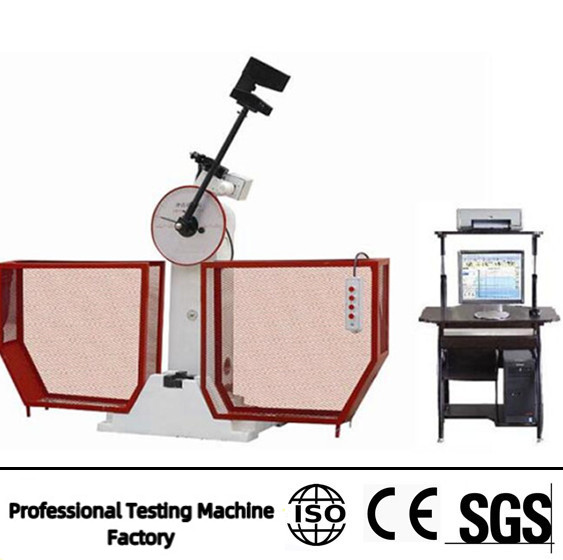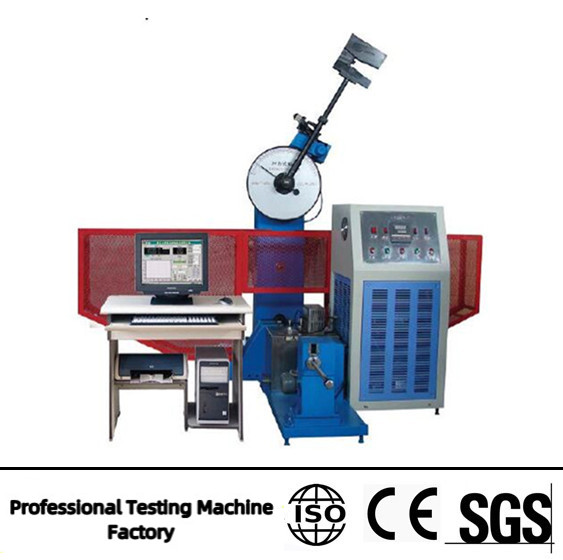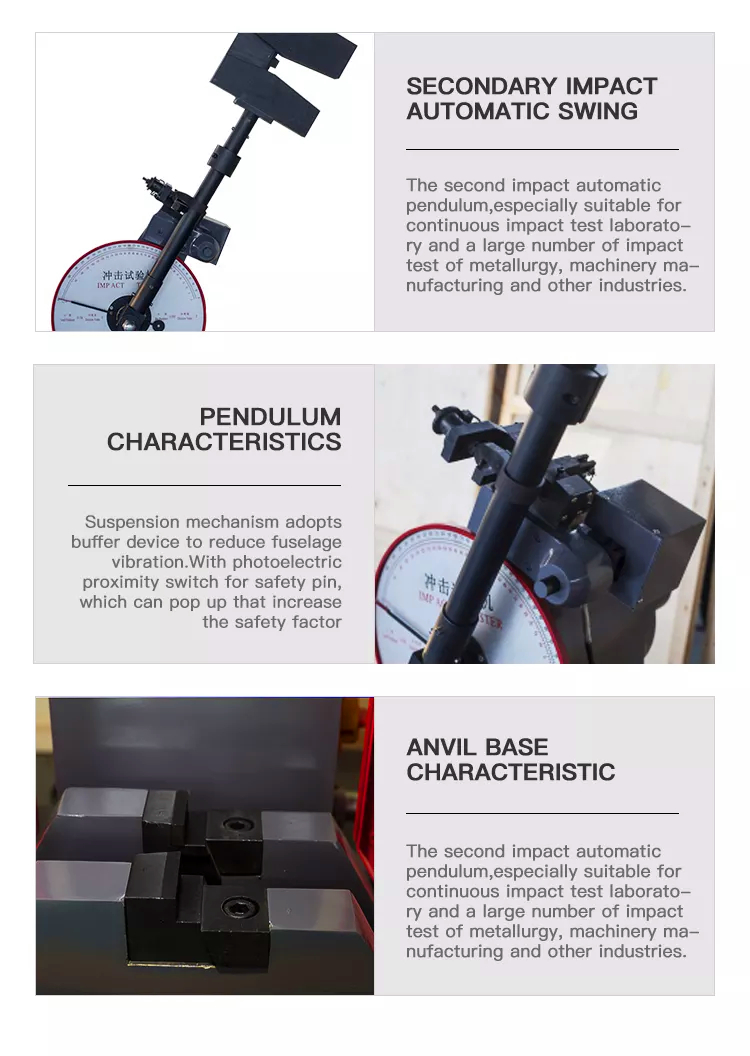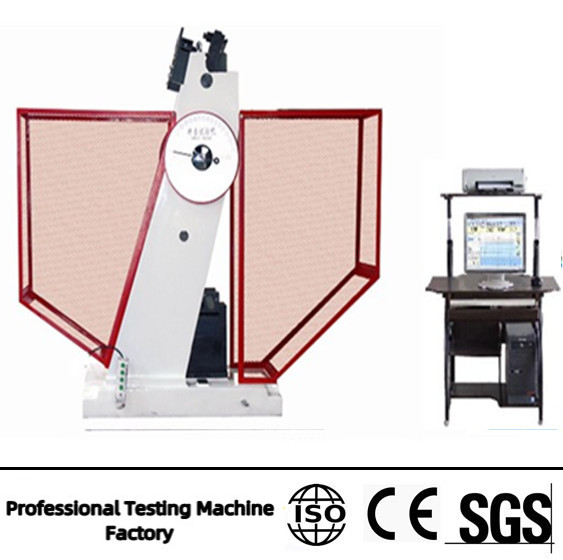Auswirkungen Prüfmaschine für aggregierte
1. Zweck
- Quality assessment: It is mainly used to determine the impact resistance of aggregates. Aggregates are crucial components in concrete, Asphalt, and other construction materials. By testing their impact resistance, engineers can evaluate the quality and durability of aggregates, ensuring that the final construction products can withstand various external forces and environmental conditions.
- Material selection: Helps in the selection of appropriate aggregates for different construction projects. For high – traffic roads or structures in harsh environments, aggregates with high impact resistance are required, and this testing machine provides reliable data for such selections.
2. Working principle
- Impact mechanism: The machine typically has a hammer or a falling weight. When the test starts, the hammer is lifted to a certain height and then released. The falling hammer strikes the aggregate sample, applying an impact load.
- Measurement and analysis: After the impact, the change in the aggregate’s state, such as the degree of fragmentation, is measured. Based on the test results, the impact value of the aggregate can be calculated, which reflects its ability to resist impact.
3. Technische Eigenschaften
- Präzision: It is designed to provide accurate and repeatable test results. Advanced sensors and measurement systems are often incorporated to ensure the reliability of the data.
- Sicherheit: Equipped with safety devices to protect operators during the testing process. Beispielsweise, there may be enclosures to prevent fragments from flying out when the aggregate is impacted.
4. Standards compliance
- This type of testing machine usually complies with relevant national and international standards, wie ASTM (American Society for Testing and Materials) or BS (British Standards). These standards define the test methods, sample preparation requirements, and acceptance criteria for aggregate impact tests.
Anwendung:
Diese Art von Auswirkungen Prüfmaschine jbw 300 wird verwendet, um die Schlagzähigkeit von Metallmaterialien unter dynamischer Belastung zu bestimmen,. Das Pendel der Maschine kann automatisch angehoben oder freigegeben werden. Es ist nach nationaler Norm GB / T3808-1995 „Kerbschlagbiegetestverfahren für Metalle“ und ISO-Standard.
Es kann auch sein, gemäß ASTM E23 Standard als Kundensonderwunsch. Es hat die Eigenschaften der einfachen Bedienung, hohe Effizienz, sicher und zuverlässig. Das Computersystem kann Datenverarbeitung tun und den Prüfbericht erhalten. Unter der super niedrigen Temperatur des Kühlsystems, es kann die Schlagleistung von Materialien überprüfen. Die Maschine eignet sich besonders für den Labor, Metallurgieindustrie, Maschinenproduktion, Stahlwerk und andere Bereiche.
Technische Daten:
| Technische Daten |
JBW 300 |
JBW 500 |
| Aufprallenergie (J) |
150, 300 |
250, 500 |
| Aufprallgeschwindigkeit (Frau) |
5.2 |
5.4 |
| Raised Winkel |
150º |
| Standard Spanne (Millimeter) |
40 |
| Rund Winkel Backen (Millimeter) |
R1-1.5 |
| Rund Winkel auffallenden Rand (Millimeter) |
R2-2.5 |
| Größe der Probe (Millimeter) |
10 x 10 x 55 |
| Energieversorgung |
3phs, 380V, 50Hz oder 220 V, 60Hz |
| Maße (Millimeter) |
1600 x 850 x 1530 |
1600 x 850 x 1530 |
| Nettogewicht (kg) |
880 |
980 |
| Anzeige |
Computer-Bildschirm |
| Auswirkungen Prüfmaschine jbw 300 |
|





























